Custom and habit influence our beliefs from "summary" of An Enquiry Concerning Human Understanding by David Hume
In the course of our daily lives, we are constantly bombarded with a multitude of sensations and experiences. These impressions leave lasting impressions on our minds, shaping our beliefs and attitudes towards the world around us. However, it is not merely the raw data of our senses that determine our convictions; rather, it is the way in which we interpret and make sense of these observations that ultimately influences our beliefs. One of the key factors that guide our interpretations and conclusions is the influence of custom and habit. We are creatures of habit, creatures of routine. We tend to gravitate towards what is familiar and comfortable, and as a result, we often rely on past experiences and established practices to inform our current beliefs. This reliance on custom and habit can be seen in various aspects of our lives, from the way we approach everyday tasks to the way we form opinions on complex issues. Custom and habit provide us with a framework through which we can navigate the complexities of the world. They offer us a sense of stability and predictability, allowing us to make sense of the chaos and uncertainty that surrounds us. By adhering to established customs and habits, we are able to streamline our thought processes and simplify our decision-making, thus leading to the formation of consistent and coherent beliefs. However, while custom and habit can be useful tools in guiding our beliefs, they can also serve as barriers to critical thinking and open-mindedness. When we become too entrenched in our routines and accustomed ways of thinking, we run the risk of overlooking new information or alternative perspectives that may challenge or broaden our existing beliefs. In this way, custom and habit can act as blinders, limiting our ability to see beyond the confines of our own preconceptions. In order to avoid falling into the trap of narrow-mindedness, it is essential that we remain vigilant and open to new ideas and experiences. By actively seeking out diverse viewpoints and perspectives, we can expand our understanding of the world and enrich our beliefs with fresh insights and perspectives. While custom and habit may provide a comforting sense of familiarity, it is only by challenging and questioning these established norms that we can truly grow and evolve as individuals.Similar Posts
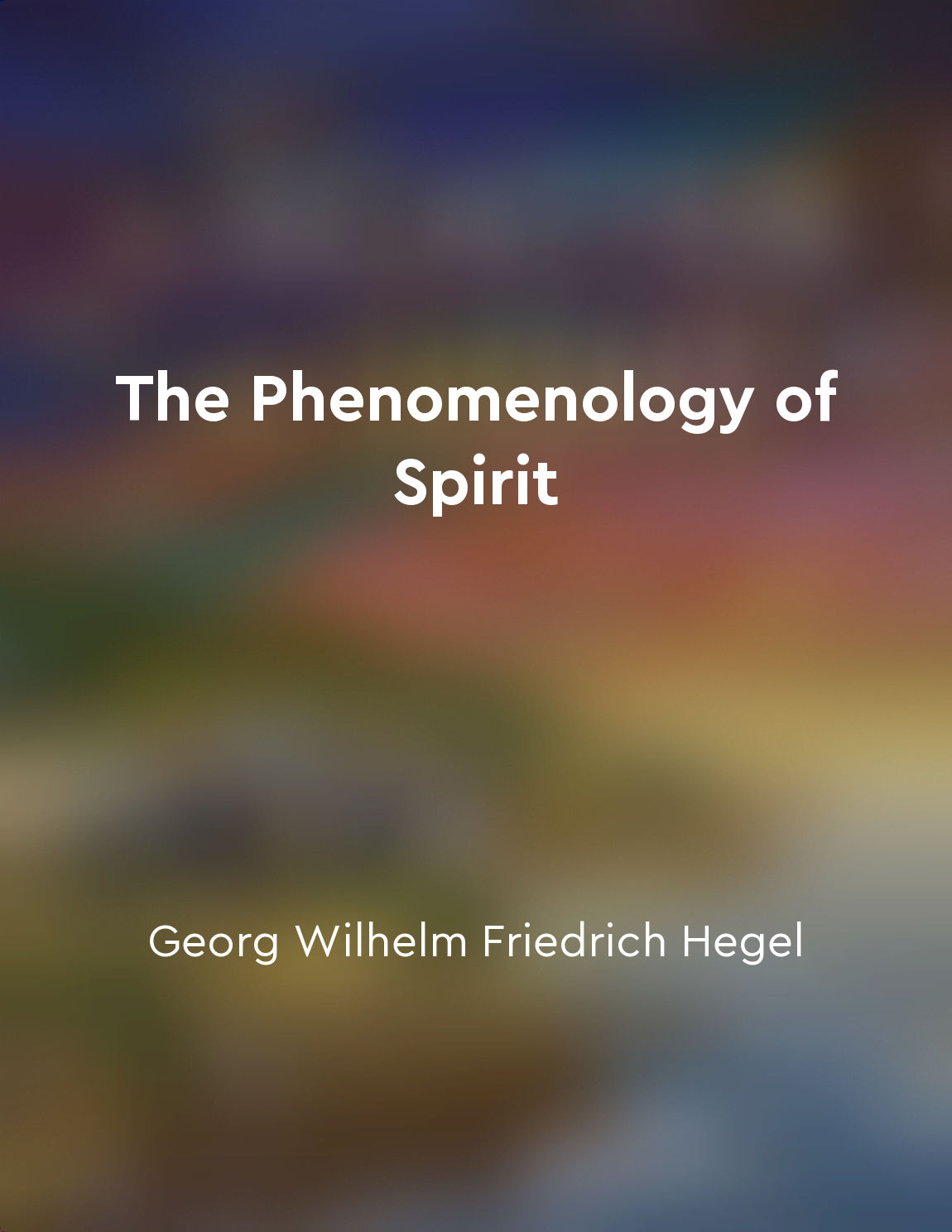
Subjective and objective dimensions
The movement of the Concept is the self-establishing, alienating process of the Concept. The Concept is the unity of the object...
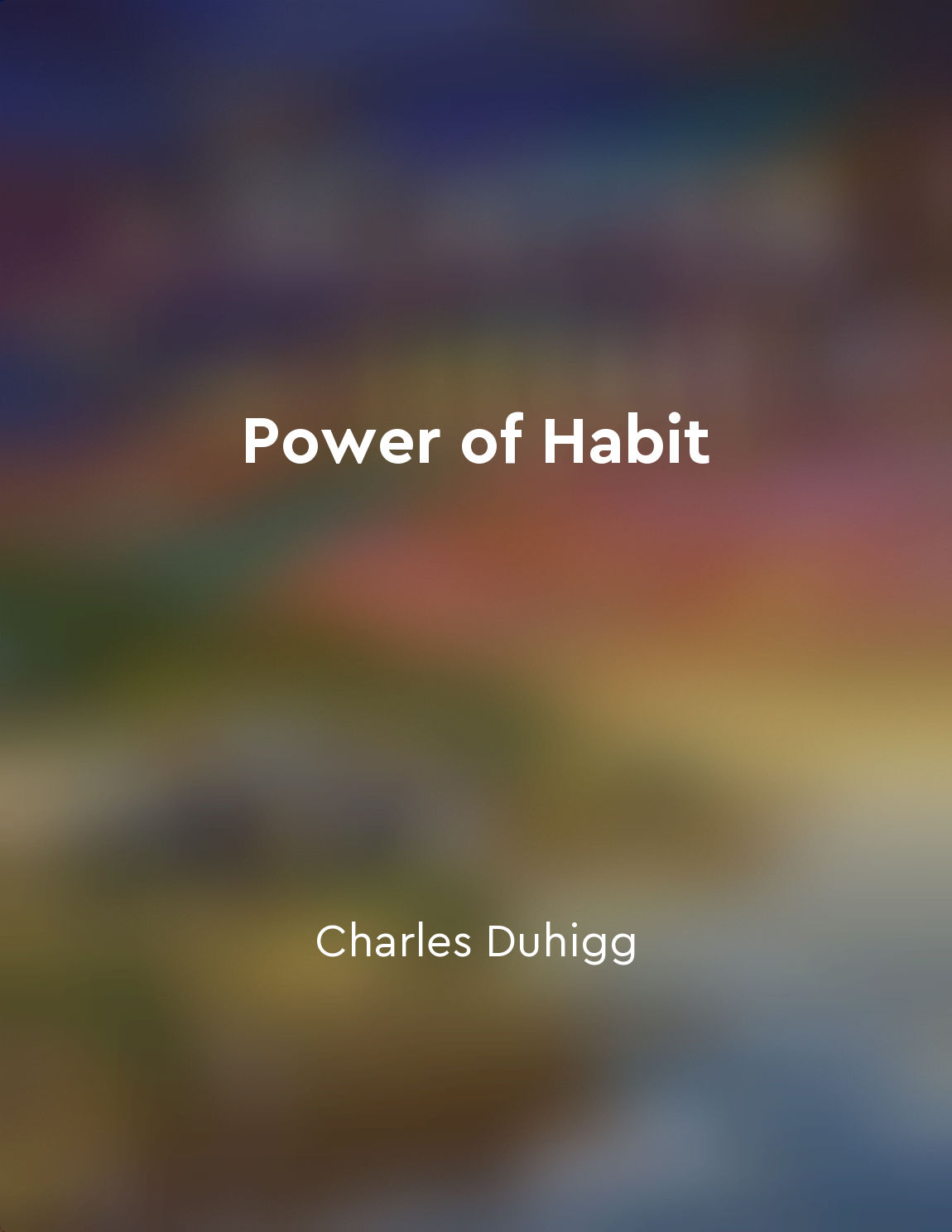
Awareness of cues can help break negative cycles
Being aware of cues is crucial when it comes to breaking negative cycles. In order to change a habit, one must first identify t...
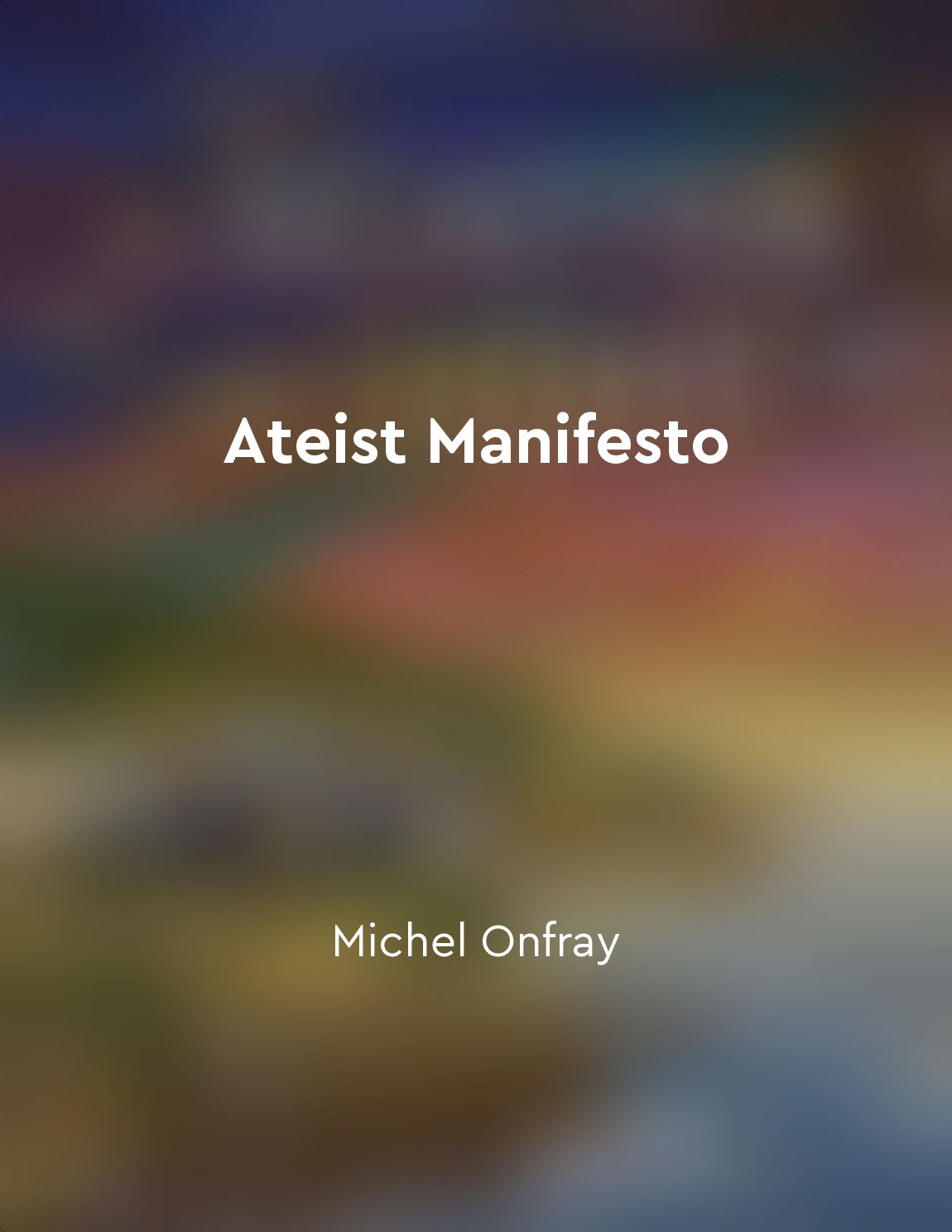
Atheists value critical thinking over blind obedience
The atheist does not bow down before any god, any authority, any law, any tradition. He is a free spirit, unshackled by the cha...
Flexibility and adaptability are key to habit change
Duhigg suggests that in order to successfully change a habit, one must be flexible and adaptable. This means being open to tryi...

Brain processes information chunk by chunk
The brain, in all its complexity, has a unique way of processing information that may surprise you. Instead of tackling all the...
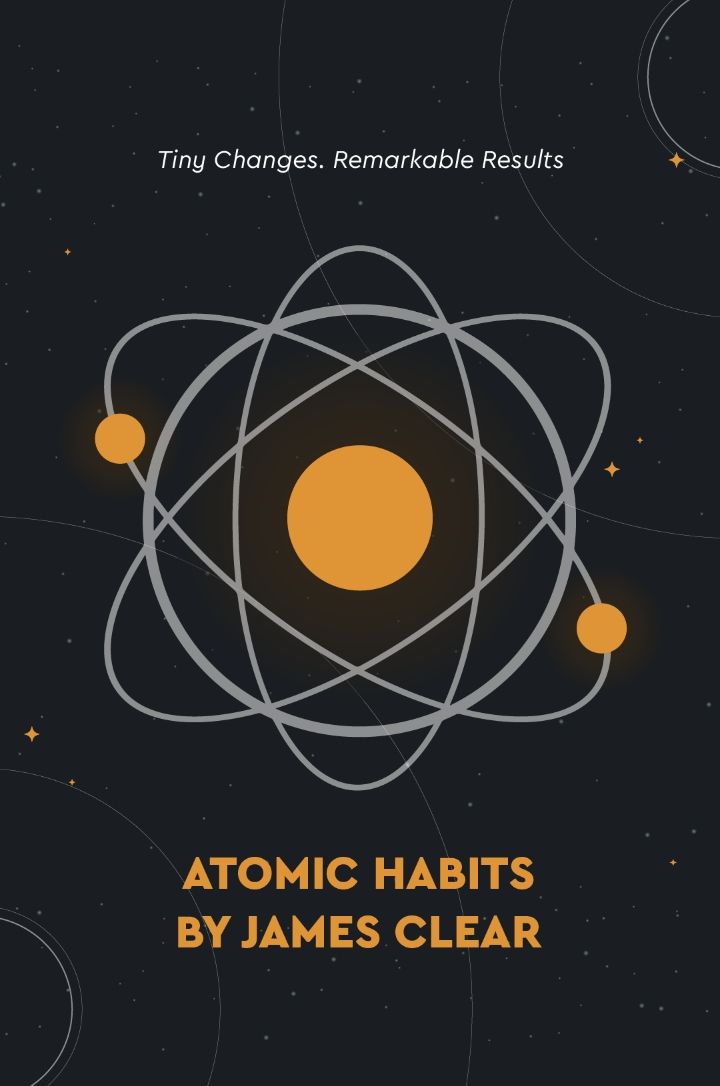
Create habits that align with your identity
Your habits are not just actions you take; they are also reflections of the person you believe yourself to be. Each time you pe...
Clarity can lead to stronger relationships
When we are able to clearly communicate our thoughts, feelings, and intentions to others, we open the door to stronger and more...
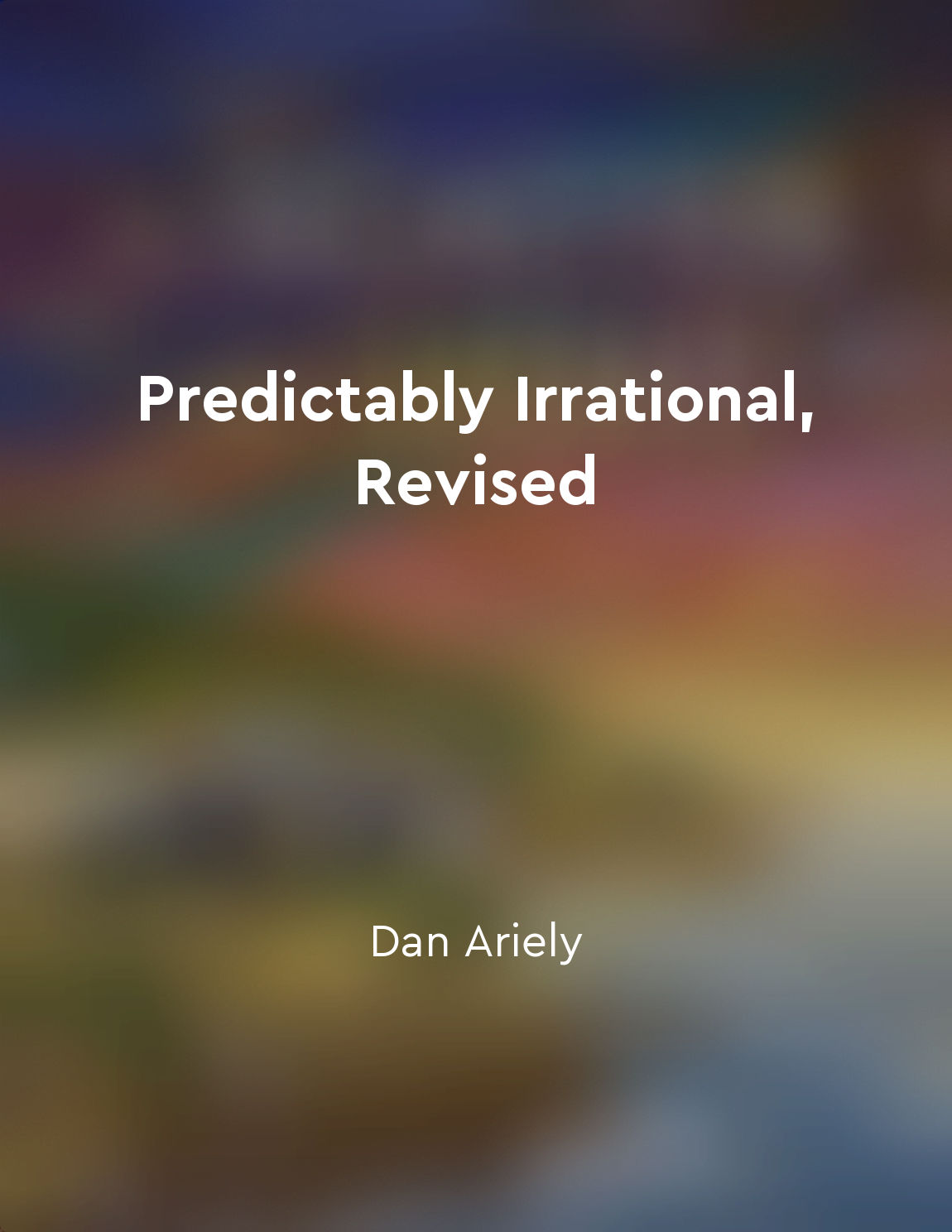
Understanding our irrationality can help us make better decisions
In order to make better decisions, we must first come to terms with our own irrationality. By accepting that our decision-makin...
